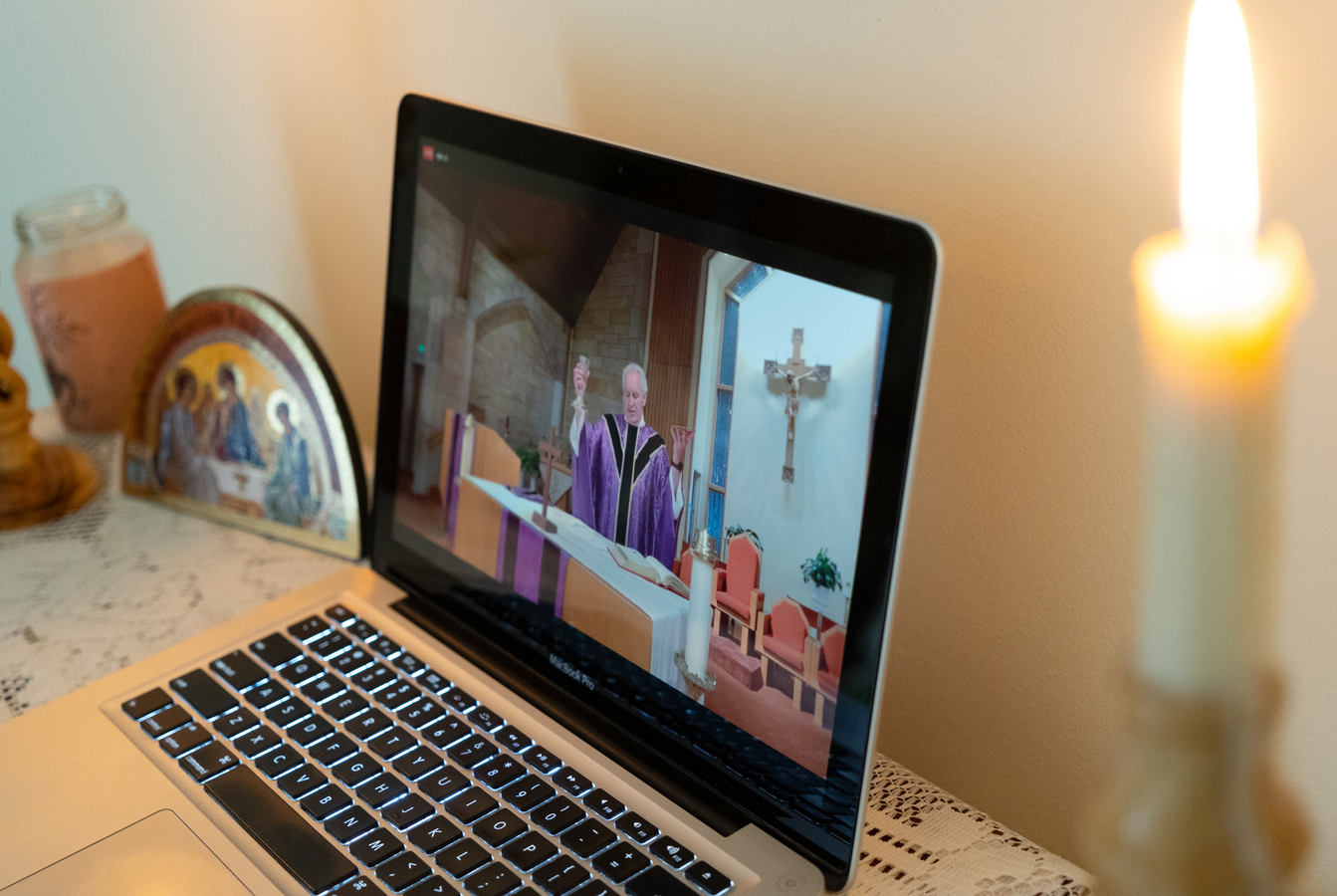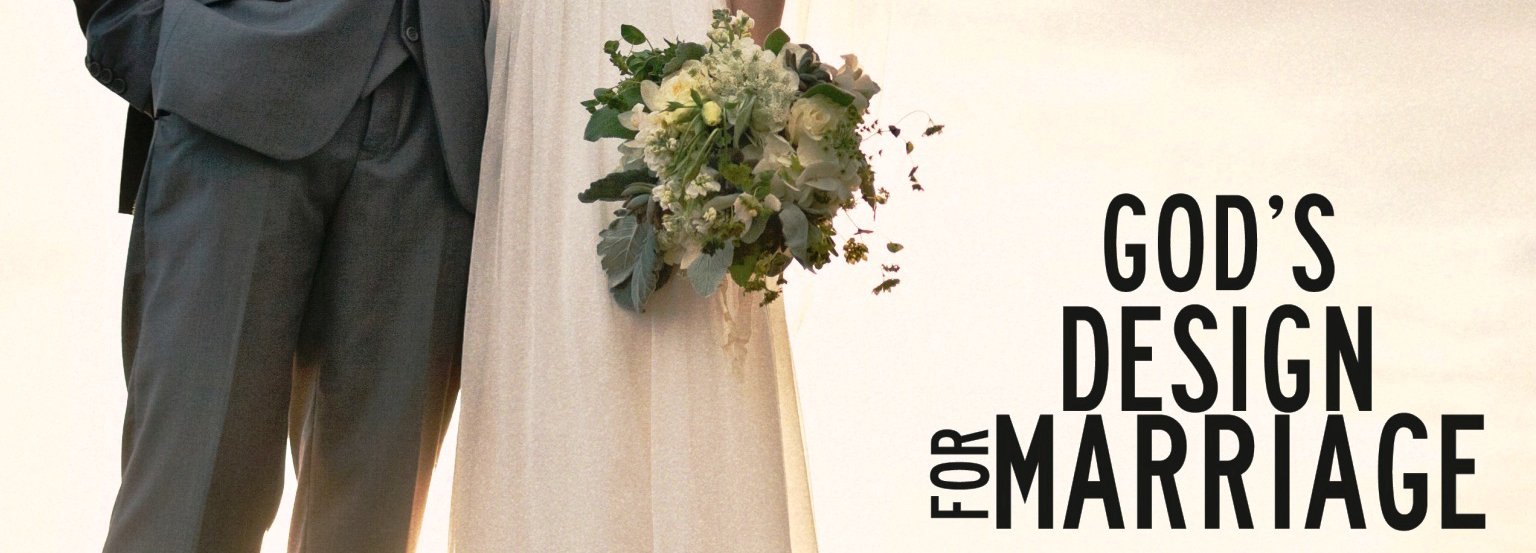By this terminology, it is obvious that far too many folks people have come to think of what happens in worship in purely egocentric terms -- it is about me, what I like, what I want, and what I think I get. So they speak of their time in worship as “being fed.” What they mean by this may vary but it usually means that they enjoyed a bang up job at the pulpit with the preacher entertaining them and giving them something to think about or uplifting for their dreary day. They give such worship the highest compliment -- it was meaningful or relevant. Maybe they appreciated the beat of the music or the skill of the musicians or just maybe they really got into it with their ever present cup of Starbucks or bottled vitamin water as they watched things happen on the stage. But seldom do we use these terms to suggest that we have been in the presence of the Most High God and that this God has deigned to bestow upon us forgiveness we did not deserve and to nourish our bodies and souls on the heavenly food of His Son's body and blood and that this holy ground was the vantage point for the eternity prepared for us but only glimpsed until we are brought to everlasting life. Oh, yeah, that, too.
It is out duty and delight to show up on Sunday. I really do not understand why anyone would have a problem with the idea that worship is our obligatory duty?! But, of course, it not only duty. It is delight. To worship God, to give Him the thanks and adoration He is due simply for being God, the almighty and eternal God who made, sustains, and directs all things and before whom all must give account. Worship is obedience and it is the obedience not simply to command but the obedience of faith. We do not simply owe God praise, gratitude and adoration but we need what He offers and what He has promised to bestow where He has placed that promise. Yes, the Lord is the source of every blessing, grace, and mercy new every morning. But more than this, God has accomplished our salvation for us and paid for it with the most precious blood of His Son, and, for this, we not only owe Him our duty of worship and our faith obligation of obedience but we depend upon Him for the grace in which we stand. What did Jesus command when He said “Do this is remembrance of me?”
We think of worship as feeding time when we can get what we want, what will uplift us, what will satisfy us, and what will be meaningful and relevant to our daily lives. But we have set our sighs too low. God gives us so much more. He does not merely feed us what we want or prefer but feeds us eternity in the body and blood of Christ, clothes us for everlasting life in the righteousness placed upon us in our baptism, forgives us by the voice of absolution so that no sin may stand between us, and addresses us as His own people with the living voice of His Word. Which might all be missed except that in all of these the Spirit is at work bringing us to faith, to the remembrance of the things He has done, transforming our minds to know Him in His Word, and transforming our hearts to that we might desire the things He has offered and be equipped to live as His own, under Him, in His Kingdom now and forevermore.
Our Lord's teaching was as hard and offensive to those who saw Him with their eyes as it is for those who know Him by faith. Many who came to Jesus departed because His teaching was too hard (they were not being fed!). Even His own did not stay with Him because they understood all things. They knew, as hard as Jesus' teaching was, they had little alternative. Every Sunday we are being asked anew, Do you also want to leave me? (Jn 6:67) Every Sunday we lay aside the egocentric desires and wants to address Him who gives us what we need and then works so that we may learn to want what He gives: “The Body of Christ given for you... the Blood of Christ shed for you.” Receiving this awesome mystery filled with grace upon grace beyond our comprehension, we respond with the Amen of faith and say with St. Peter, “Lord, to whom [else] shall we go? You have the words of eternal life” (Jn 6:68).
The reality of what is there is too great for us to comprehend in total. We glimpse it by faith, seeing it in small bites. We do not judge it -- how offensive is it to God for us to turn up our noses at what He offers because we don't like it or want it! God lays out the table that bestows not only forgiveness for now but the foretaste of the eternal and we would depart disappointed because we were not fed? Really? The response of faith is more "Lord, I believe, help my unbelief." Only something of such transcendent reality can cause us harm as well as blessing -- a harm greater than our dismissal of God's offering as not enough but an actual condemnation and judgment against us from only repentance can rescue us.
Here, O My Lord, I See Thee Face to FaceHere, O my Lord, I see Thee face to face;
Here would I touch and handle things unseen;
Here grasp with firmer hand the_eternal grace,
And all my weariness upon Thee lean.
Here would I feed upon the bread of God,
Here drink with Thee the royal wine of heav’n;
Here would I lay aside each earthly load,
Here taste afresh the calm of sin forgiv’n.
This is the hour of banquet and of song;
This is the heav’nly table spread for me;
Here let me feast and, feasting, still prolong
The brief bright hour of fellowship with Thee.
I have no help but Thine; nor do I need
Another arm but Thine to lean upon.
It is enough, my Lord, enough indeed;
My strength is in Thy might, Thy might alone.
Mine is the sin, but Thine the righteousness;
Mine is the guilt, but Thine the cleansing blood;
Here is my robe, my refuge, and my peace:
Thy blood, Thy righteousness, O Lord my God.
Too soon we rise; the vessels disappear;
The feast, though not the love, is past and gone;
The bread and wine remove, but Thou art here;
Nearer than ever; still my shield and sun.
Feast after feast thus comes and passes by,
Yet, passing, points to that glad feast above,
Giving sweet foretaste of the festal joy,
The Lamb’s great marriage feast of bliss and love.
















